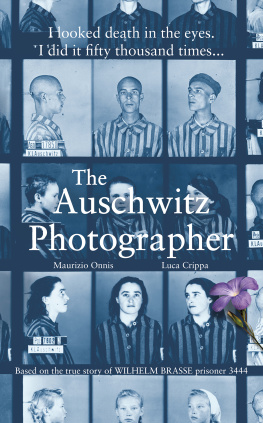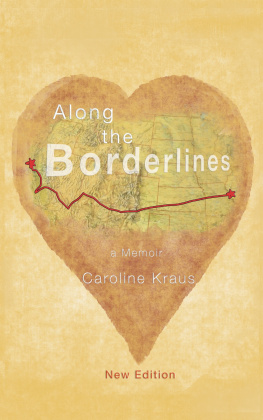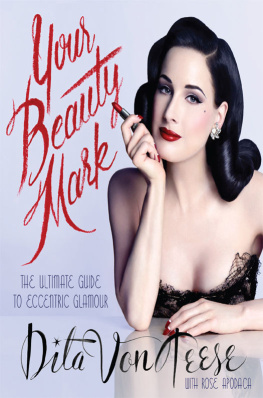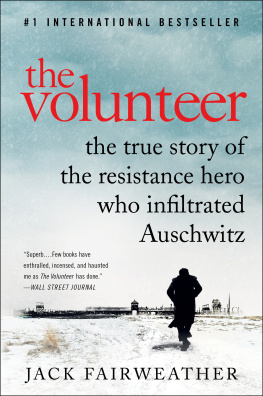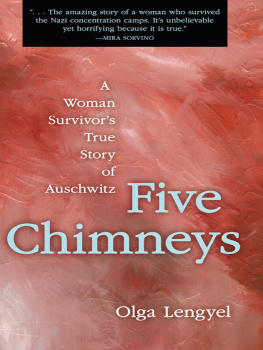Dita Kraus - A Delayed Life: The True Story of the Librarian of Auschwitz
Here you can read online Dita Kraus - A Delayed Life: The True Story of the Librarian of Auschwitz full text of the book (entire story) in english for free. Download pdf and epub, get meaning, cover and reviews about this ebook. year: 2020, publisher: Feiwel & Friends, genre: Non-fiction. Description of the work, (preface) as well as reviews are available. Best literature library LitArk.com created for fans of good reading and offers a wide selection of genres:
Romance novel
Science fiction
Adventure
Detective
Science
History
Home and family
Prose
Art
Politics
Computer
Non-fiction
Religion
Business
Children
Humor
Choose a favorite category and find really read worthwhile books. Enjoy immersion in the world of imagination, feel the emotions of the characters or learn something new for yourself, make an fascinating discovery.

- Book:A Delayed Life: The True Story of the Librarian of Auschwitz
- Author:
- Publisher:Feiwel & Friends
- Genre:
- Year:2020
- Rating:3 / 5
- Favourites:Add to favourites
- Your mark:
- 60
- 1
- 2
- 3
- 4
- 5
A Delayed Life: The True Story of the Librarian of Auschwitz: summary, description and annotation
We offer to read an annotation, description, summary or preface (depends on what the author of the book "A Delayed Life: The True Story of the Librarian of Auschwitz" wrote himself). If you haven't found the necessary information about the book — write in the comments, we will try to find it.
Dita Kraus: author's other books
Who wrote A Delayed Life: The True Story of the Librarian of Auschwitz? Find out the surname, the name of the author of the book and a list of all author's works by series.
A Delayed Life: The True Story of the Librarian of Auschwitz — read online for free the complete book (whole text) full work
Below is the text of the book, divided by pages. System saving the place of the last page read, allows you to conveniently read the book "A Delayed Life: The True Story of the Librarian of Auschwitz" online for free, without having to search again every time where you left off. Put a bookmark, and you can go to the page where you finished reading at any time.
Font size:
Interval:
Bookmark:
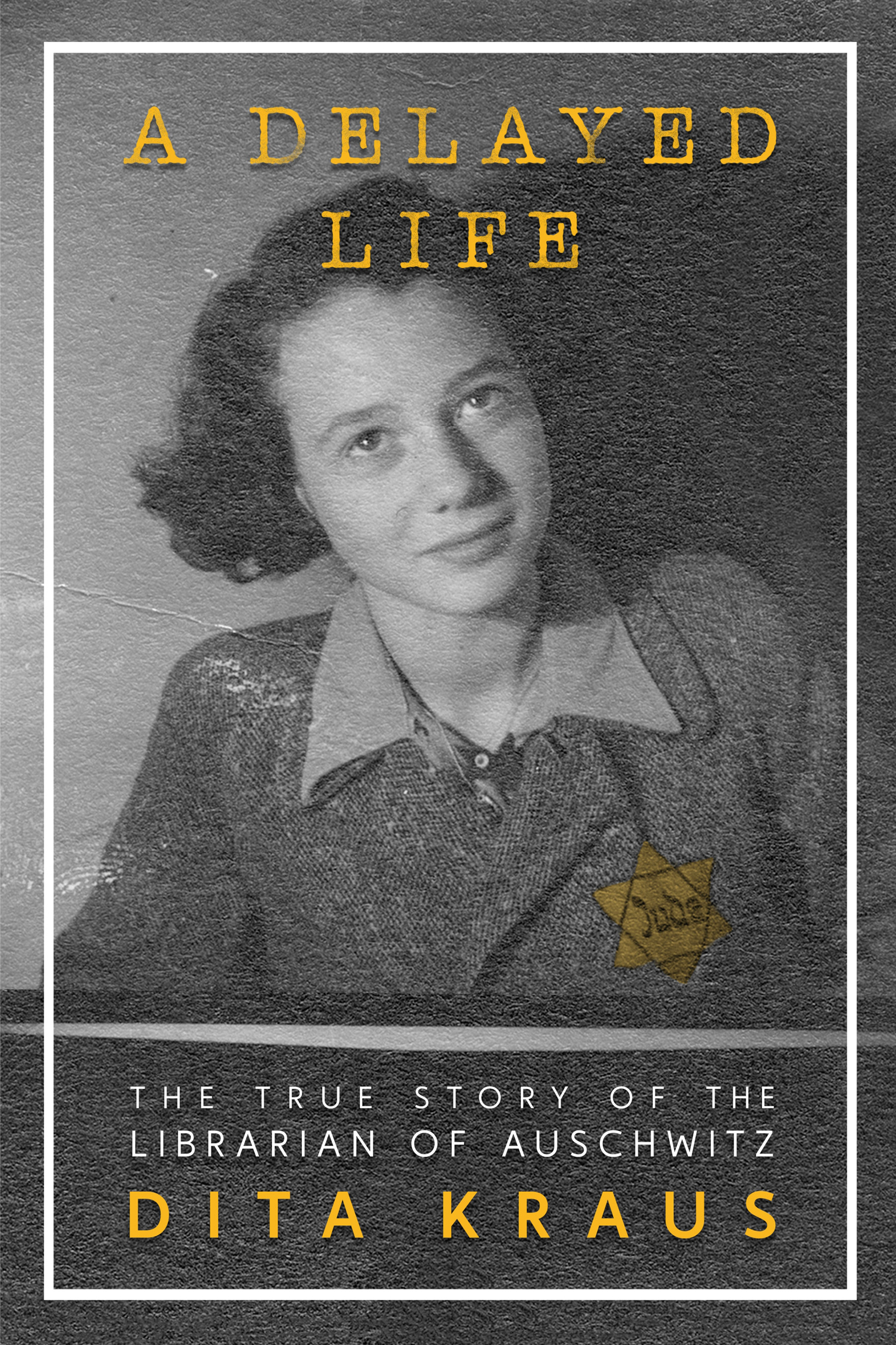

The author and publisher have provided this e-book to you for your personal use only. You may not make this e-book publicly available in any way. Copyright infringement is against the law. If you believe the copy of this e-book you are reading infringes on the authors copyright, please notify the publisher at: us.macmillanusa.com/piracy.
My life is not real life. It is something before the beginning of real life, a kind of preface to the narrative. Its not yet what counts, merely a rehearsal. And someone is watching from behind, or perhaps from above, and passing judgment. There is a being that controls and judges my behavior. Perhaps it is not out there but inside me. Could it be my mother? Or my grandmother? Or something more internal my id? I have no idea. But it is constantly present, holding an invisible mirror in front of me.
I can feel its approval or disapproval, the latter making me squirm inwardly, trying to suppress the nagging conscience or finding excuses for myself, although the negative feeling is extremely tenacious and cannot be shooed away. I make an effort to find reasons for having done or said what my controller finds unsatisfactory, but at the same time I know that I am only trying to justify my wrongdoing.
I dont yet know how this connects to me perceiving my life as being delayed. For as long as I can remember, I have been more focused on tomorrow than aware about what I am experiencing at that particular moment. Even now, when I am at a concert, my thoughts are on the return journey and on tomorrows schedule and not on the music I came to listen to. When I eat, my mind is on washing the dishes, and when I lie down, Im already planning what I must do when I get up. Its never on the here and now, and I sense that Im missing the enjoyment of the present. There is too much control: never letting go, never totally relaxing. Theres always the presence of the Watcher, forever passing judgment.
It must have been at a very early age that I began to delay my life. It was a way of indefinite postponement, a deferred satisfaction. How did I delay? I accepted the bitter fact that I would not get what I wanted, certainly not soon and probably never. I told myself I must wait patiently; perhaps fulfillment would come later. Or never. I thought that maybe if I put my hope on hold and didnt think about it, one day it may turn out right.
In some deep place, I kept believing that the circle would come around and things would rearrange themselves in their proper sequence, that everything would resume its normal place. I just had to delay.
But in a strange way, these delayed passagesthese empty spaceshave created gaps, so that the mosaic of my life has spots where the picture is left unfinished.
There are so many of these gaps. How shall I fill them? Time is running out; who knows how long I have left to live. Already I am the grandmother of four grandchildren and four great-grandchildren. Most of the people from my earlier years are no longer alive and cannot answer my questions. I shall try to gather the fragments and write them down; perhaps a blueprint will emerge that might fill the blank spaces on the mosaic.
My earliest recollections emerge from the empty nothingness, which precedes conscious memory. They resemble a picture flickering for an instant on the screen and disappearing again into darkness. Yet each of these fleeting pictures is suffused with emotion.
I have been placed on the baby scale on the table covered with a white oilcloth, in the doctors office. I am naked, and the metal is hard and cold on my back. I may be two or two and a half years old. Mother and the doctor in a white coat are standing over me. I am not frightened, because they smile.
Dr. Desensy-Bill was our pediatrician. I remember later visits, when she put her palm on my chest, tapped it with her middle finger, and then listened, pressing her ear to my skin. Her office was connected to the private quarters by a brown leather-padded door with brass buttons.
Sometimes Mother stayed to talk to the doctor and I was sent through the thick doorwhich, although heavy, moved easily and noiselesslyto play with her daughter Lucy. Lucy was about my age, but I didnt take to her; she was boring.
Another memory. It is night and I am standing on my bed, crying and terrified. I must be still very small, as I am holding the cots protective-netting bar with both hands. Mother and Mitzi, our household help, are with me, trying to calm me. But I cannot be pacified, because just a moment ago, a hand came through the wall and wanted to grab me. Mother lifts me out of the cot and takes me to the other side of the wall, which is the bathroom, to show me there is no hole in the wall. Both she and Mitzi are telling me that no hand can reach through a solid wall. But they dont know; they havent seen the hand. I have. When I stop crying, they put me back to bed, believing that I have been convinced. They cover me and turn off the light. Yet the terror remains, and for many weeks afterward, I can only fall asleep when the cot is pushed away from the wall.
From the darkness of unknowing, another scene emerges. It is most disturbing. I am in the bathtub, and Mother is sitting on the rim. Suddenly I see tears flowing silently from her eyes. Mother is weeping soundlessly. It frightens me, and I start crying, too. What have I done? I ask. What have I done? But she only shakes her head and doesnt answer. I dont know why Mother cried. Had someone hurt her? Was it my fault? Did I misbehave? I have no clue, no idea. Even now, as I recall the event, I feel sorrow, guilt, and pain.
My mothers maiden name was Elisabeth Liesl Adler. She had a brother named Hugo, who was ten years older. Their mother died when Liesl was a baby, and her father, a judge, married again. Mother told me that her stepmother was fair and conscientious but lacked warmth and motherly love. I dont remember Grandfather Adler; he died soon after I was born. Hugo also became a judge. He married but didnt have children. I only saw him twice in my life.
Mother and I stopped over in Brno for two or three days on our way to a vacation in the Tatra Mountains when I was six or seven. I remember vividly two scenes from that visit. Mother broke into tears when we entered Uncle Hugos flat. It was the same flat where Mother had grown up; when she had married, Hugo had remained living there. The same furniture was still there, which brought back old memories.
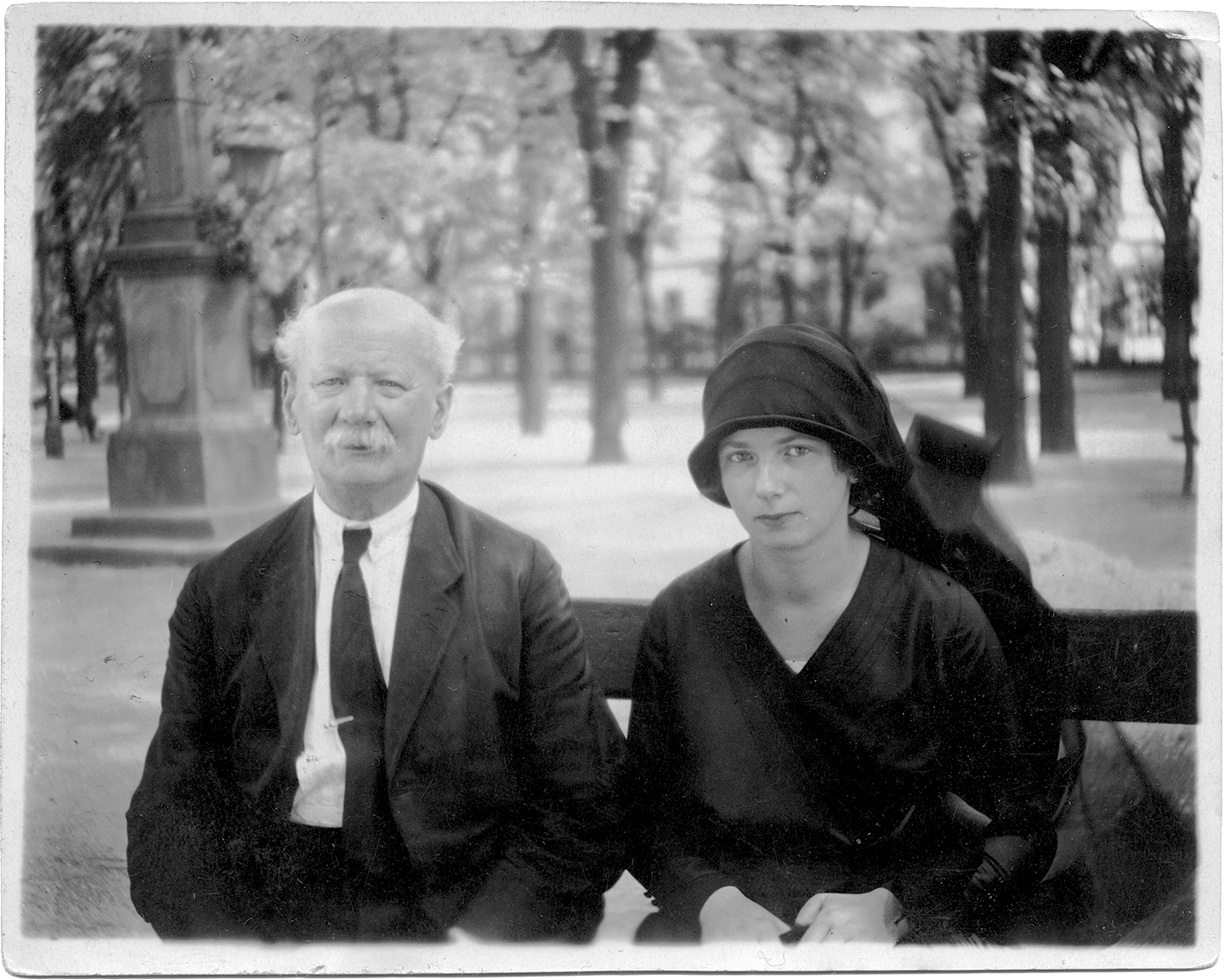
Wilhelm Adler with his daughter, Elisabeth Adler-Polach
The other scene I remember was from court. Hugo, wearing the violet judges cape, presided over a trial while we sat at the back of the courtroom. When it was over, Mother commented that it was quiet and unexciting, and Hugo replied, I dont do divorces. Thats why my trials are boring.
My parents moved from their native Brno to Prague soon after they married. They rented a little flat on the ground floor of a villa. There was a garden with a lawn, flower beds, and gooseberry bushes around the fence. I was allowed to pick the berries but didnt like them because they were hairy and sour. Mr. Hackenberg, the owner, was a friend and party colleague of my grandfather Johann.
Font size:
Interval:
Bookmark:
Similar books «A Delayed Life: The True Story of the Librarian of Auschwitz»
Look at similar books to A Delayed Life: The True Story of the Librarian of Auschwitz. We have selected literature similar in name and meaning in the hope of providing readers with more options to find new, interesting, not yet read works.
Discussion, reviews of the book A Delayed Life: The True Story of the Librarian of Auschwitz and just readers' own opinions. Leave your comments, write what you think about the work, its meaning or the main characters. Specify what exactly you liked and what you didn't like, and why you think so.

